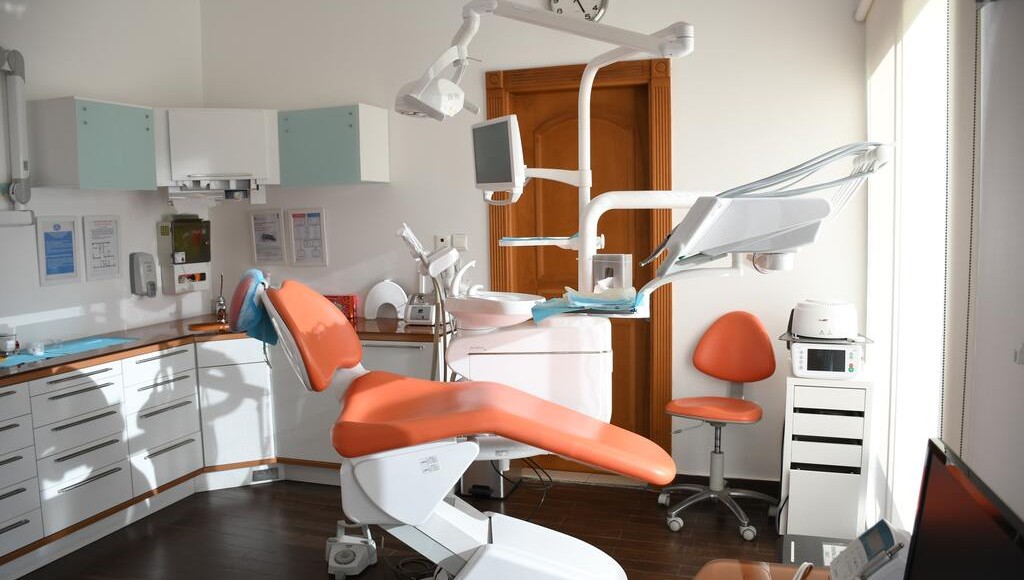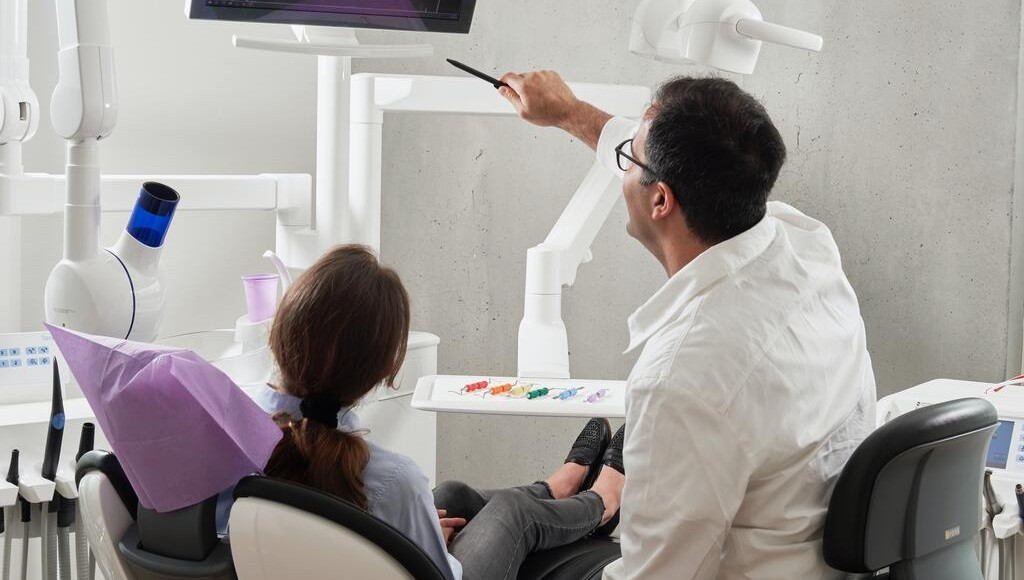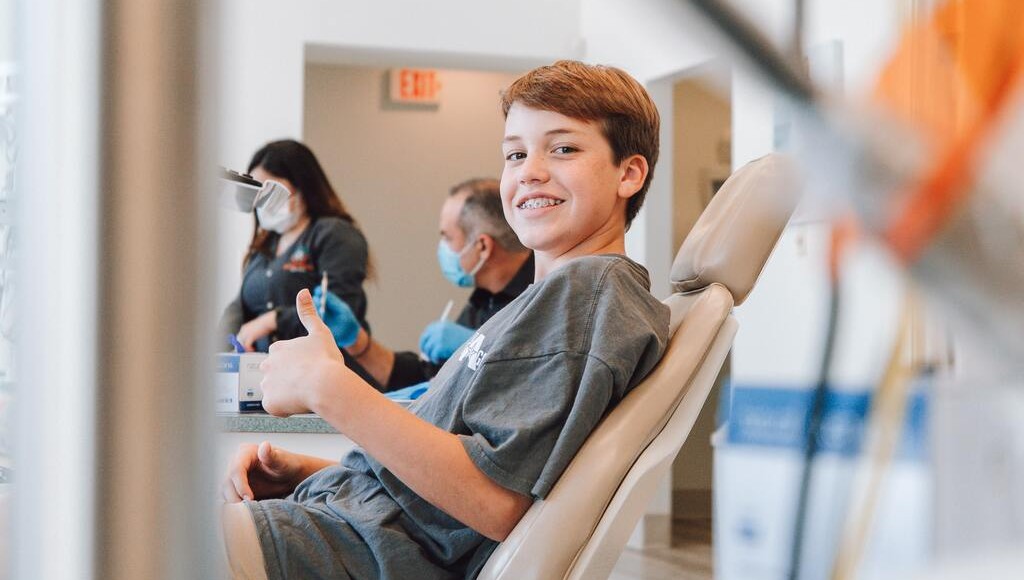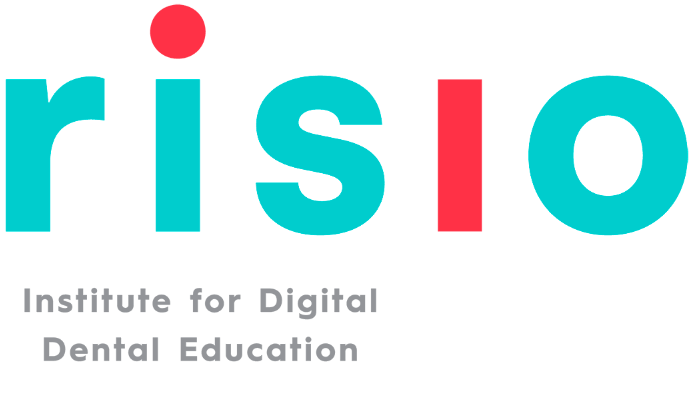Summary:
- Roughly 40 million people avoid the dentist every year because of moderate to severe dental anxiety. When those patients visit your practice, reducing their anxiety is key to making their appointments safer and more comfortable so they can get the care they need.
- Dental assistants who are scheduling appointments as part of their administrative duties should ask each patient about any anxieties they have surrounding dental work when booking. This makes it easier to formulate a plan with every patient to make sure they have the best experience possible.
- There are a number of tactics dental assistants can use to reduce patient anxiety—but for severe cases, it may be necessary to use a sedative to make the patient more comfortable.

Via Unsplash.
Dental health is a vital aspect of every person’s well-being—but people who have had difficult experiences at the dentist before often struggle to make it back, which can have negative effects on their overall health. According to Statistics Canada, roughly 40% of the population have an adverse reaction when thinking of the dentist (often due to general anxiety), and roughly 7.6% have missed, canceled, or avoided an appointment.
It’s normal for some patients to experience anxiety when visiting the dentist, so dental assistants have an important responsibility to manage and reduce these challenging feelings. Risio provides education for dental assistants across Canada, so we know many techniques for reducing dental anxiety in patients. Read on to learn more about what you can do to make patients who visit your practice more comfortable before, during, and after their appointments.
Signs Your Patient Is Feeling Anxious
Dental patients experiencing anxiety often show signs in the time leading up to their appointments. While some may be obvious, others require a more trained eye to spot them before they spin out of control. People experiencing dental anxiety may show signs of the following:
- Heart palpitations or a racing heart
- Chills
- Shaking
- Stomach aches
- Crying, visible distress, or other signs of panic
- Sweating
- Using aggression or humor to mask anxiety
- Low blood pressure (which could lead to fainting in extreme cases)

Via Unsplash.
How a Dental Assistant Can Help Calm a Patient’s Anxieties
As a dental assistant, learning how to lower a patient’s anxiety can add value to your role in the practice by providing a better experience for visitors. As you interact with patients, always keep an eye out for the signs listed above—and make sure you take steps before each appointment to plan for these potential reactions as well.
Before the Appointment
One way to help prepare your practice for a nervous patient is to check in with the patient when they’re making their appointment. If they express any reservations or worries, note this in their chart. Be sure to ask them if they have any anxiety and check with them about their triggers.
You can also provide your patients with some steps to take beforehand that will help their appointments go more smoothly. Try suggesting to nervous patients (especially children) that they bring:
- A friend or family member to help keep them calm
- A weighted blanket
- Any comfort items that they can hold during their appointment
During the Appointment
As a dental assistant, you’re the first line of defense when it comes to recognizing the patient’s anxiety. A few things to do while performing the procedure to help calm their fears include:
Communicating Clearly with Patients About What’s Happening
Talk your patient through what you or the dentist are about to do before you do it. This will help you avoid surprising or triggering them. Your patients will feel more included in the process and less like they’re being subjected to their treatment.
Talking About Signals Beforehand
Come up with a signal the patient can use (like raising a hand) if they feel their anxiety peak. That way, they still have some control even if they can’t speak in the moment.
Giving Patients Something Else to Focus On
Incorporate distractions, like playing music or chatting with the patient about their day. If they’re more focused on keeping a conversation flowing or rocking out to their favorite song, they’re less inclined to pay attention to stimuli that might trigger their anxiety.

Via Adobe Stock.
Preparing Patients for Sedation
If a patient is experiencing severe anxiety during their appointment, the dentist may recommend using a sedative to help them relax. Because dentists are the only ones that can prescribe and administer medication, your role as a dental assistant will be to make sure the patient is comfortable going into their appointment and assisting with aftercare. If you have additional post-graduate sedation training, you may also be expected to help with preparing the equipment prior to sedation (this could involve connecting the mask to the tubing or adjusting the fit for the patient).

Via Unsplash
Training Dental Assistants on How to Recognize Patient Anxiety
The signs that a patient is experiencing anxiety don’t always jump out at you—sometimes, they’re much more subtle and difficult to pick up. At Risio Institute, we train our dental assistants to recognize and treat a patient’s anxiety and concern, giving the patient the best care experience possible. Come train with us at Risio Institute to unlock your full potential.

